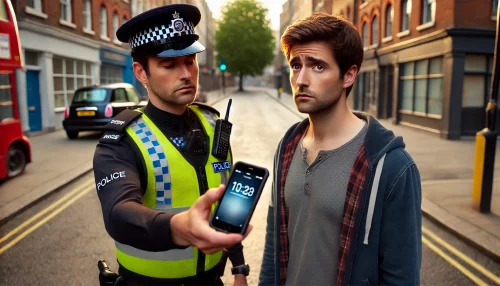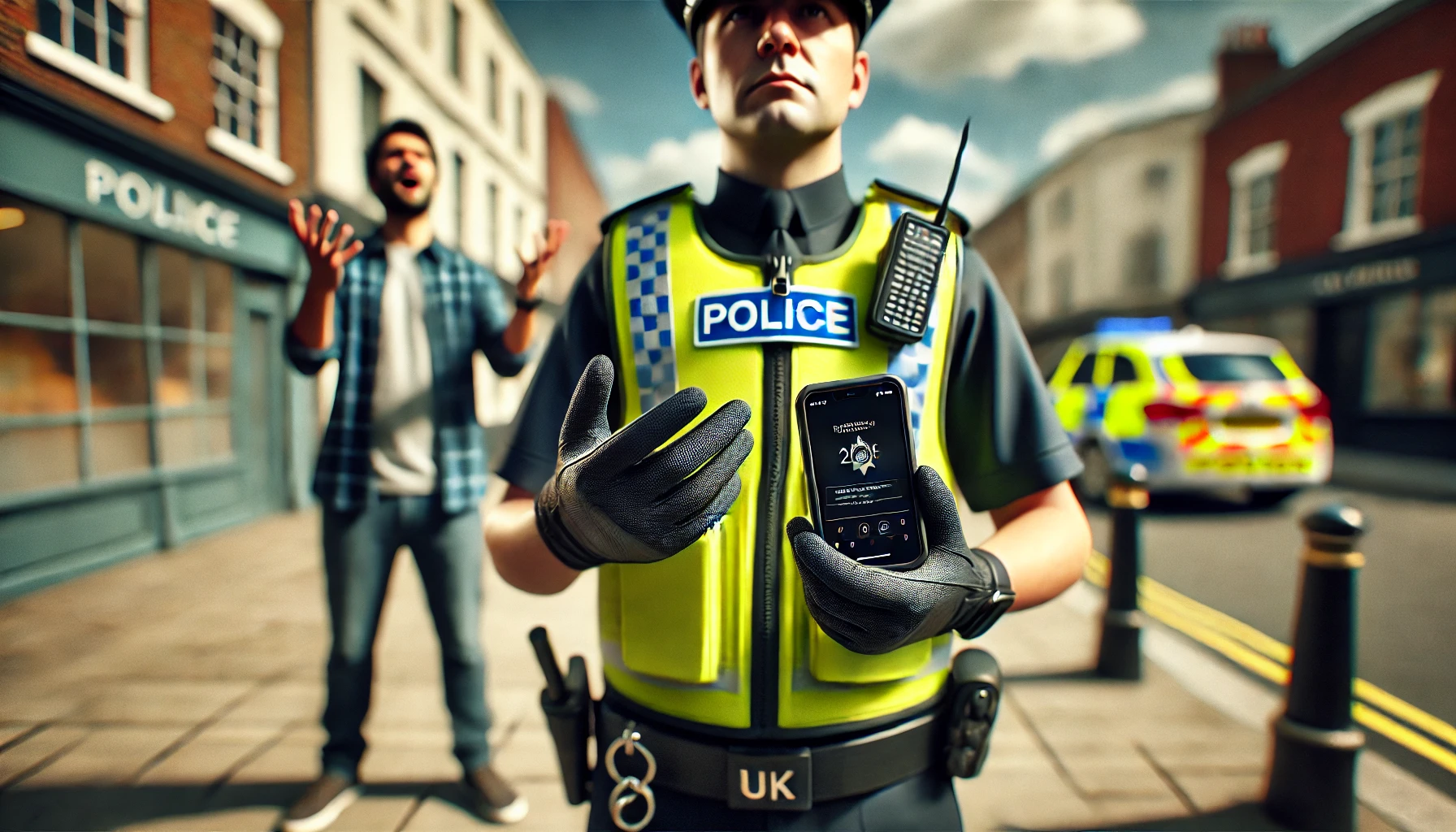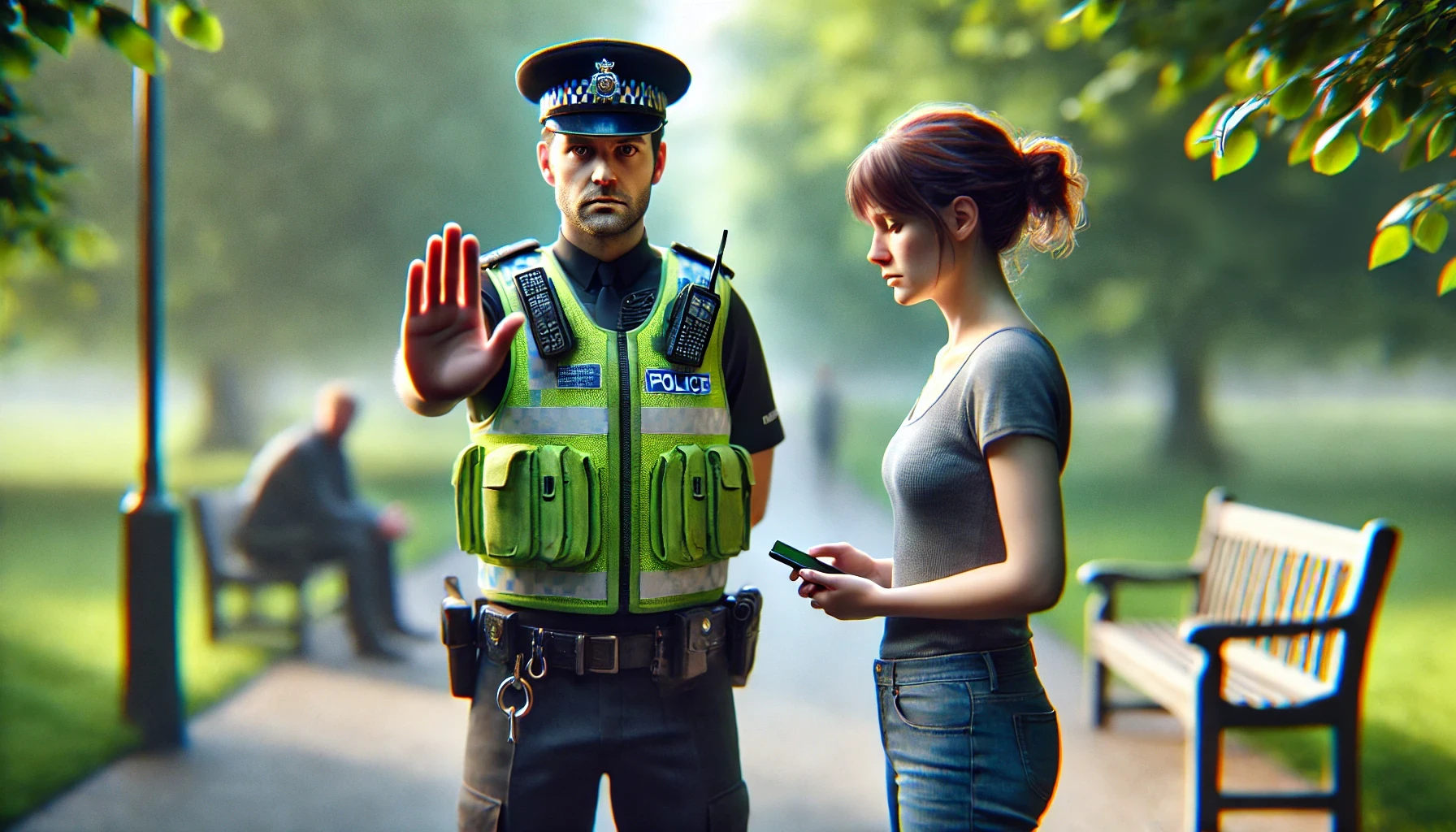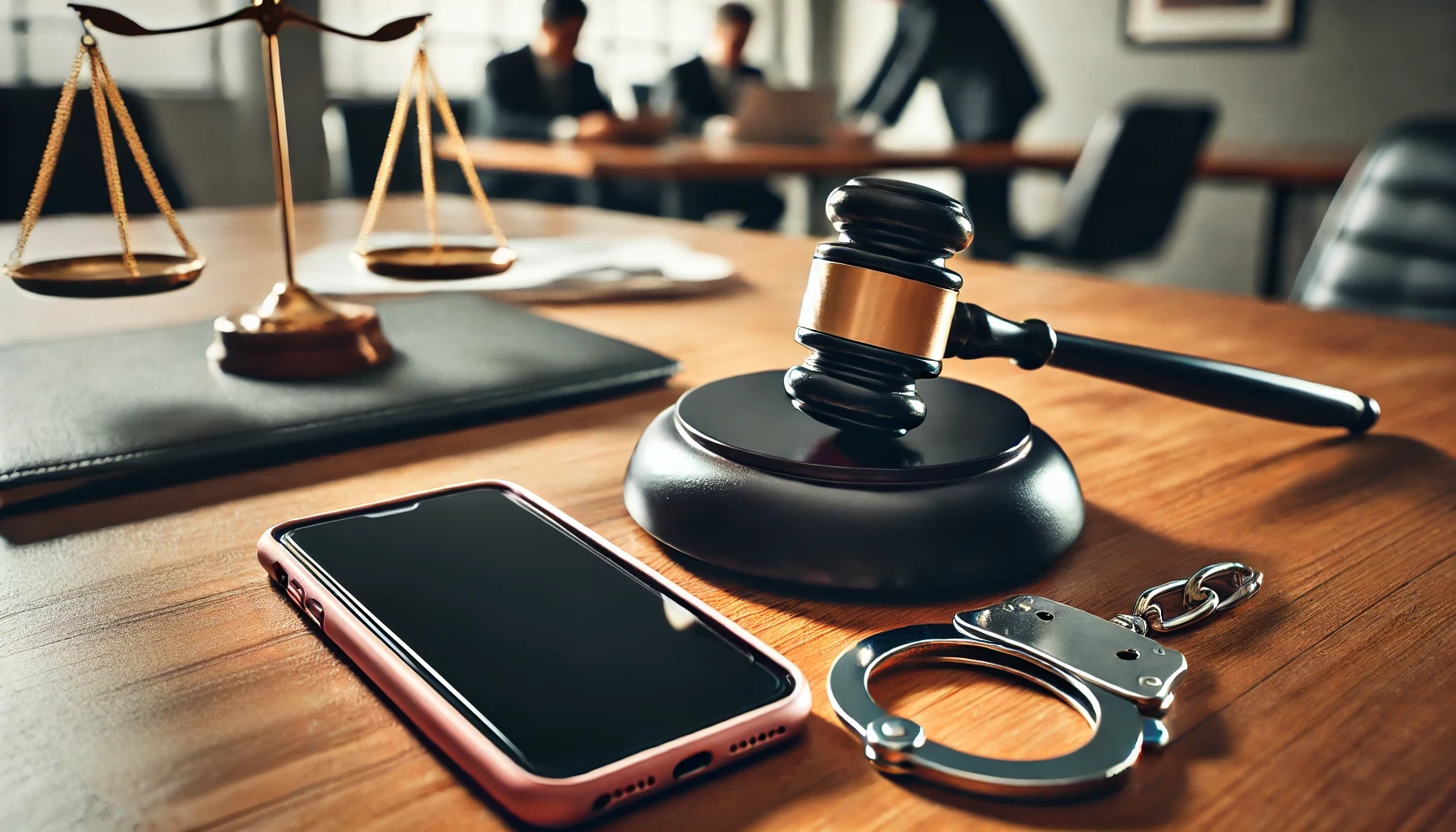Can Police Take Your Phone Without a Warrant? Understanding Your Rights

Can Police Take Your Phone Without a Warrant? Understanding Your Rights
“Can police take your phone without a warrant?”.
When Can Police Take Your Phone Without a Warrant?

1. If You Are Arrested
- Evidence relating to the offence for which you were arrested.
- Items that could pose a risk to others or yourself.
2. If You Are Stopped and Searched
- Illegal drugs.
- Stolen property.
- Weapons.
- Evidence linked to certain crimes (e.g., gang-related violence).
3. Under Counter-Terrorism Laws
4. If There Is an Immediate Threat to Public Safety
Can Police Force You to Unlock Your Phone?
- Without Your Consent
- You are not legally required to provide your PIN, password, or fingerprint to unlock your phone unless there is a legal order compelling you to do so.
- Under the Regulation of Investigatory Powers Act (RIPA) 2000
- The police can apply for a court order compelling you to provide access to your phone’s contents.
- Failure to comply can lead to imprisonment for up to 5 years, particularly in cases involving national security.
- By Using Digital Forensic Tools
- Police may use specialised software (e.g., Cellebrite, GrayKey) to bypass security measures on locked devices.
- However, encryption features on newer phones make data retrieval increasingly difficult without the owner’s cooperation.
What Happens If Your Phone Is Seized?

-
Evidence Review
- Officers will determine whether the phone contains relevant evidence.
-
Data Extraction
- If necessary, forensic specialists may extract messages, call logs, emails, photos, and browsing history.
-
Retention Period
- The phone may be held as evidence until the case is concluded, which can range from weeks to months.
- In some cases, the police never return seized phones, especially if they contain contraband data or evidence of a crime.
-
Return of the Device
- If the phone is not needed as evidence, you may request its return. A solicitor can help formally request the return of your property.
How to Challenge an Unlawful Phone Seizure
 Request a Receipt
Request a Receipt- If your phone is taken, you are entitled to a receipt confirming the seizure.
 Request Its Return
Request Its Return- If the phone is no longer needed as evidence, you (or your solicitor) can apply to have it returned.
 File a Complaint
File a Complaint- If the police have acted unlawfully, you can file a complaint against police misconduct.
 Apply for a Judicial Review
Apply for a Judicial Review- If your phone is being withheld without justification, a solicitor may seek a judicial review to challenge the legality of the police’s actions.
How a Solicitor Can Help
- Advise you on your legal rights and whether the police had valid grounds for seizure.
- Challenge the legality of the seizure and apply for the return of your device.
- Assist in cases where the police are requesting access to your data, ensuring that your privacy is protected.
- Represent you if legal proceedings arise, including cases where you are being compelled to provide your password.
Concluding Thoughts: Can Police Take Your Phone Without a Warrant?

Notice: Informational Content Disclaimer
The content provided on this website, including articles, blog posts, and other informational materials, is intended for general informational purposes only. It is not intended as, and should not be considered, legal advice.
Visitors to this website should be aware that the information presented here is not a substitute for seeking legal advice from a qualified solicitor or legal professional. Each individual's legal situation is unique, and the information provided may not be applicable to specific circumstances.
If you require legal advice or have specific legal questions, we encourage you to contact us directly. Our experienced team of solicitors is here to assist you with your legal needs and provide tailored advice to address your concerns.
Please be advised that any communication through this website, including the use of contact forms or email, does not create a solicitor-client relationship. Confidential or time-sensitive information should not be sent through this website. To establish a solicitor-client relationship and discuss your legal matters in detail, please contact us for a consultation.
We strive to provide accurate and up-to-date information, but we make no representations or warranties regarding the accuracy, completeness, or suitability of the information contained on this website. We shall not be liable for any reliance placed on the information provided herein.
Thank you for visiting our website. We look forward to the opportunity to assist you with your legal needs.




